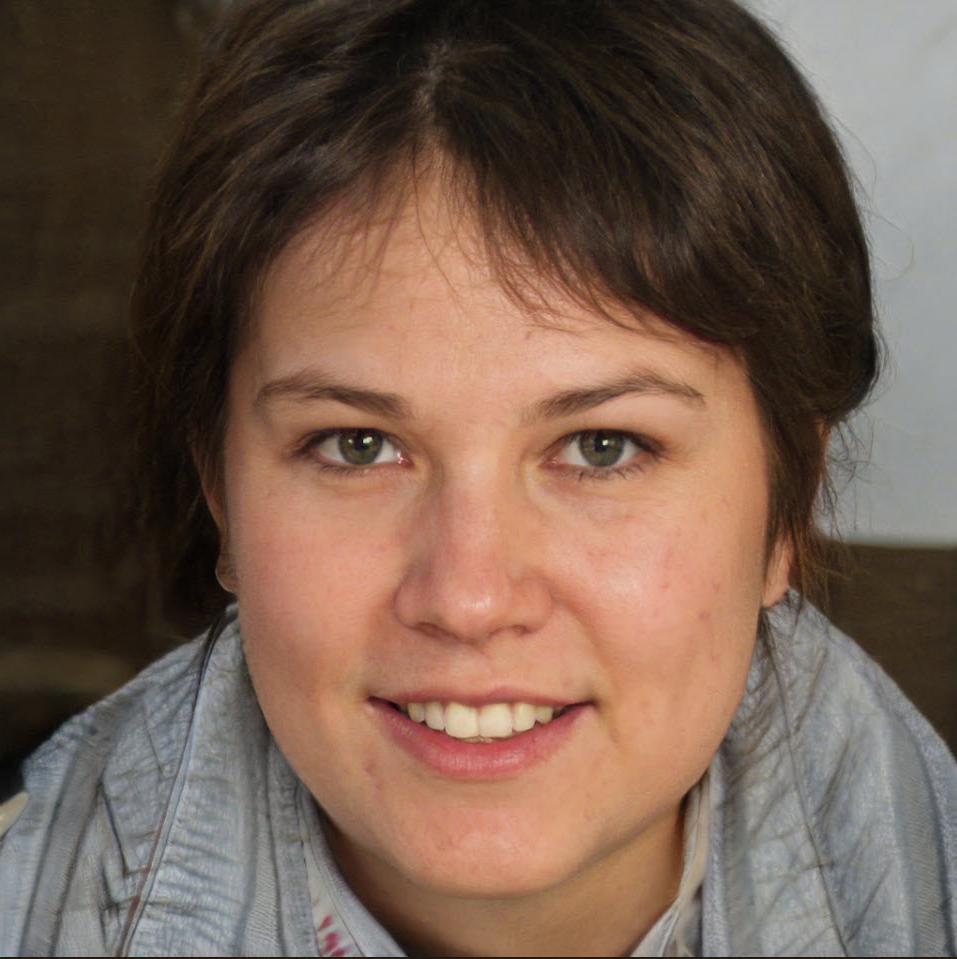What After +2 Science? Different and Diverse Options after Plus Two Science
41,438 View
Share this Video
- Publish Date:
- May 29, 2025
- Category:
- Medical Careers
- Video License
- Standard License
- Imported From:
- Youtube
Tags
After completing Class 12 with a science stream, students can pursue a wide range of undergraduate degree programs, including engineering (B.Tech/B.E.), medicine (MBBS/BDS), pharmacy (B.Pharm), and various Bachelor of Science (B.Sc.) programs in fields like biotechnology, computer science, or environmental science. Other options include architecture, nursing etc…
All the courses can be categorized into 8 groups
Engineering and Technology:
Clinical Practice Courses:
Allied Science Courses:
Paramedical Courses:
Allied health Science:
Science General Degree Courses:
Designing Courses:
General Openings:
• B.Tech/B.E.:
A Bachelor of Technology or Bachelor of Engineering degree in various specializations like computer science, electrical, mechanical, civil, or aerospace engineering.
• B.Arch:
A Bachelor of Architecture degree for those interested in design and building.
• B.Sc. (IT):
A Bachelor of Science in Information Technology for those with an interest in computer programming and software development.
• BCA (Bachelor of Computer Applications):
A course focusing on computer programming and software development.
Clinical Practice Courses:
• MBBS (Bachelor of Medicine, Bachelor of Surgery): For aspiring doctors.
• BDS (Bachelor of Dental Surgery): For aspiring dentists.
• BAMS
• BHMS
• BUMS
• BSMS
• BNYS
Paramedical Courses:
• B.Pharm (Bachelor of Pharmacy): For those interested in the pharmaceutical industry.
• B.Sc. Nursing: A Bachelor of Science in Nursing degree for those who want to work in the nursing field.
• B.Sc. in Medical Lab Technology: A degree for those interested in working in medical laboratories.
Allied Health Courses:
• B.PT (Bachelor of Physiotherapy): A degree in physiotherapy for those interested in rehabilitation and physical therapy.
• BOT
• BASLP
Other Science and Technology Fields:
• B.Sc. in Biotechnology: A degree for those interested in biotechnology and genetic engineering.
• B.Sc. in Environmental Science: A degree for those interested in environmental issues and sustainability.
• B.Sc. in Forensic Science: A degree for those interested in crime scene investigation and analysis.
• B.Sc. in Nutrition and Dietetics: A degree for those interested in food science, nutrition, and diet.
• B.Sc. in Psychology: A degree for those interested in the study of human behavior and the mind.
• B.Sc. in Veterinary Science: A degree for those interested in animal care and veterinary medicine.
Beyond Science:
• B.Com (Bachelor of Commerce): For those interested in business and accounting.
• BBA (Bachelor of Business Administration): A degree for those interested in management and business administration.
• BA (Bachelor of Arts): A degree in humanities, social sciences, or fine arts.
• LLB (Bachelor of Laws): For those interested in pursuing a career in law.
• B.Arch (Bachelor of Architecture): For those interested in design and building.
• B.Des (Bachelor of Design): For those interested in design and creative fields.
• BCA (Bachelor of Computer Applications): A course focusing on computer programming and software development.
Tips for Choosing a Course:
• Consider your interests and strengths: Choose a course that aligns with your passions and academic abilities.
• Research different career options: Explore the different career paths available within each field to make an informed decision.
• Consider your career goals: Think about what you want to achieve in your career and choose a course that will help you get there.
• Visit college websites and attend open days: Learn more about the specific programs and courses offered by different universities and colleges.
• Talk to students and professionals in your chosen field: Get advice and guidance from people who are already working in the field.
Did you miss our previous article...
https://careervideos.club/medical-careers/imgs-can-now-work-in-the-usa-as-consultants-without-residency-find-out-how














